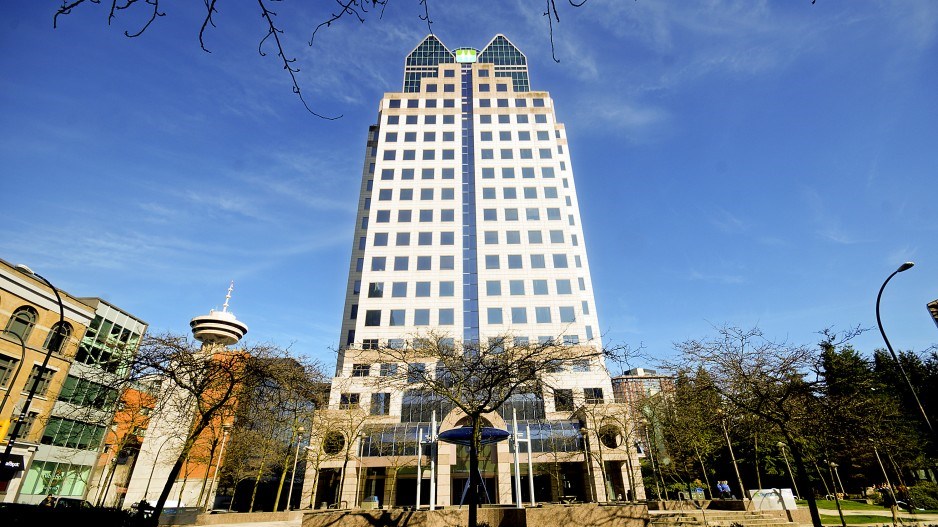Without deferral accounts, BC Hydro’s net income for fiscal 2015-16 would have been much less than the reported $655 million.
The Crown power giant published its annual financial report for the year ended March 31 on Thursday, the same day as the central government’s public accounts were released.
Net income increased from $581 million a year earlier, but BC Hydro added another $475 million to deferral accounts.
“Without the deferral accounts Hydro would have lost $153 million in 2014-15 and had a positive net income of $180 million in 2015-16,” said NDP BC Hydro critic Adrian Dix.
Hydro reported almost $5.66 billion in revenue last year, down from almost $5.75 billion in the previous year. It said operating expenses fell $285 million to $4.25 billion, but finance charges increased $120 million to $752 million. Hydro spent $362 million less on electricity and gas purchases totalling $1.35 billion.
The report said that domestic revenue before regulatory transfers was lower than planned “due to lower domestic loads resulting from the loss of large industrial load related to declining market conditions including low commodity prices, and a warmer than normal winter.”
The result was the annual load being 3,351 gigawatt hours (GWh) below plan, excluding surplus sales. To put that in perspective, BC Hydro expects that the Site C dam, by the time it is built in 2024, would produce 5,100 GWh a year.
“The energy that would have gone to serving load will be sold to the market, at prices that are between 10% and 50% of what would have been received had it been sold to domestic customers,” the report said.
“This shows that BC Hydro estimates of domestic demand (40% over 20 years but flat over the past 10) are exaggerated and have led to bad decisions,” Dix said. “We are building Site C to subsidize Washington and Alberta businesses and consumers.”
Hydro said it spent $779 million on the smart metering program through March 31, $1 million under the approved anticipated total $780 million cost of the project. The John Hart Generating Station, under construction by SNC-Lavalin with a 2019 target, spent $441 million of its $1.093 billion project budget.
Through March 31, $950 million had been spent on Site C, which has an $8.4 billion budget that does not include a $440 million contingency held by the Treasury Board.
The report said the annual payment to the provincial government was $326 million, up from $264 million a year earlier.
Lottery revenue up
Meanwhile, the province’s BC Lottery Corp. (BCLC) gambling monopoly racked up $1.3 billion in net revenue on gross sales of $3.1 billion. The net was an improvement over the $1.25 billion in 2014-15.
The report said BCLC will provide $1.8 million of funding this fiscal year to the new Joint Illegal Gaming Investigation Team for external policing costs. BCLC estimated it would spend $3 million annually in Year 2 and beyond. A similar RCMP-led squad was shut down in 2009.
Liquor profit higher
Liquor Distribution Branch marked the first year of a new wholesale pricing scheme with $1.03 billion net income on $3.16 billion gross revenue. Retail sales increased from $1.2 billion to almost $1.38 billion.
BC Pavilion Corp. (PavCo) announced a $4.17 million deficit, down from $8.75 million a year prior.
The Vancouver Convention Centre was $7.5 million in the black, but BC Place lost $11.67 million.
PavCo negotiated an interest rate reduction with the government from 4.89% to 3.29% last November through 2049. PavCo owes $147 million on a loan related to the $514 million renovation of the stadium. It is scheduled to pay $7.5 million this year, then $7.3 million from 2018 to 2048 and $3.7 million in 2049.
The report shows PavCo spent $853,000 on redevelopment costs in the last two years; it was liable for removal of toxic soils under the Parq casino construction site. The early 2017 opening has been delayed to fall 2017.




